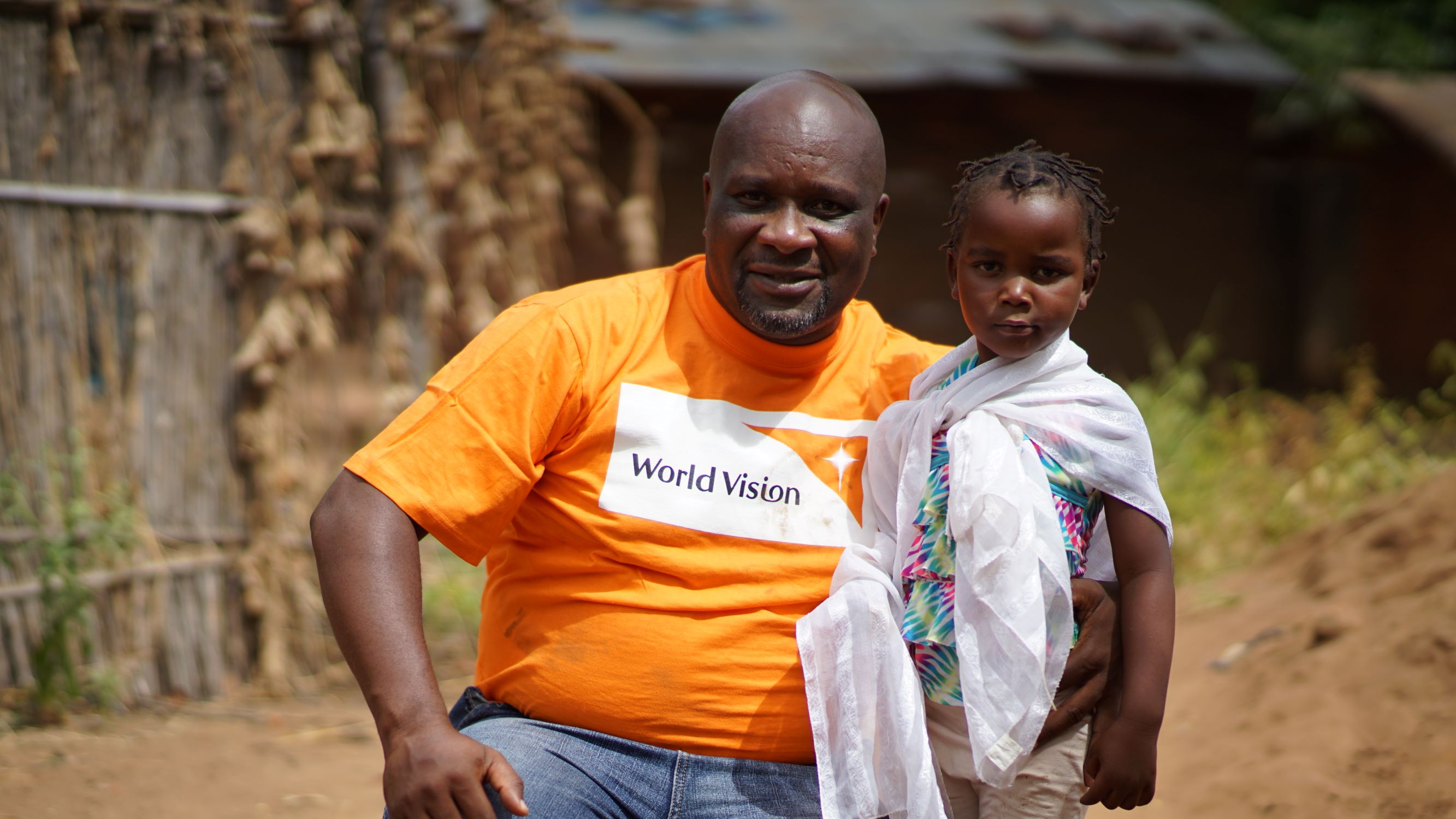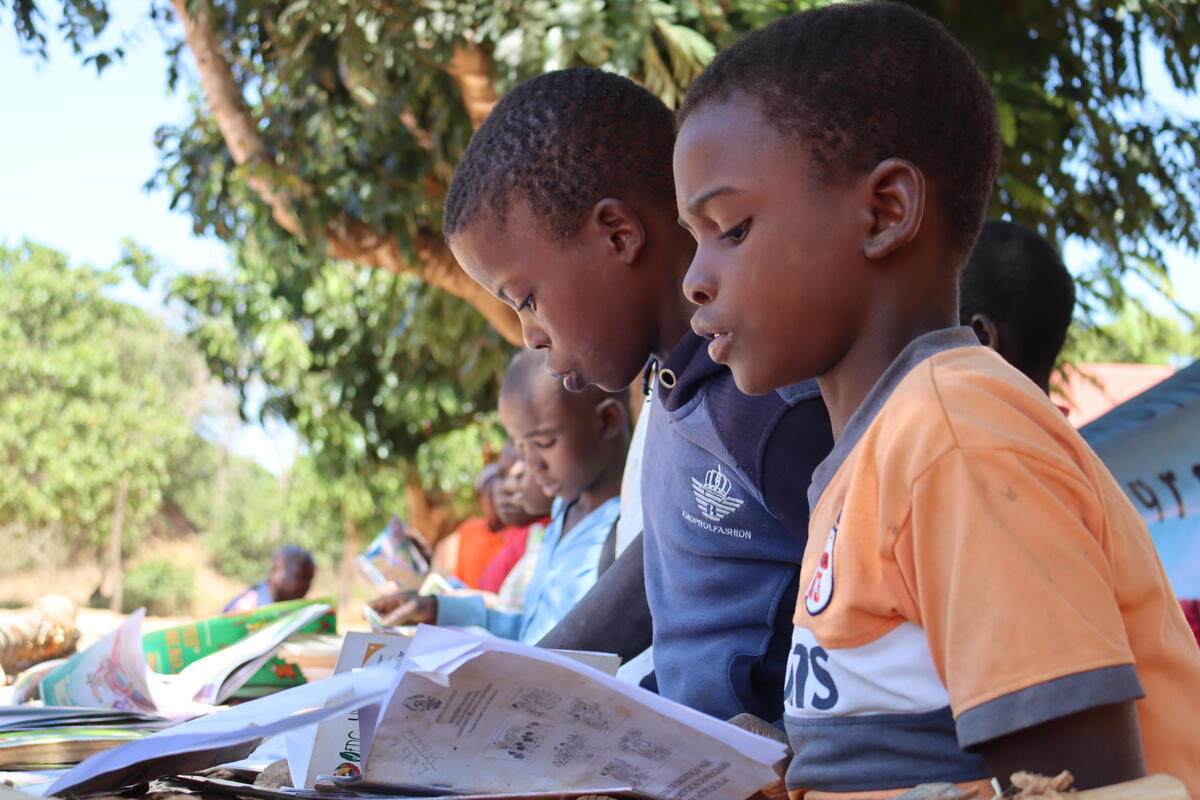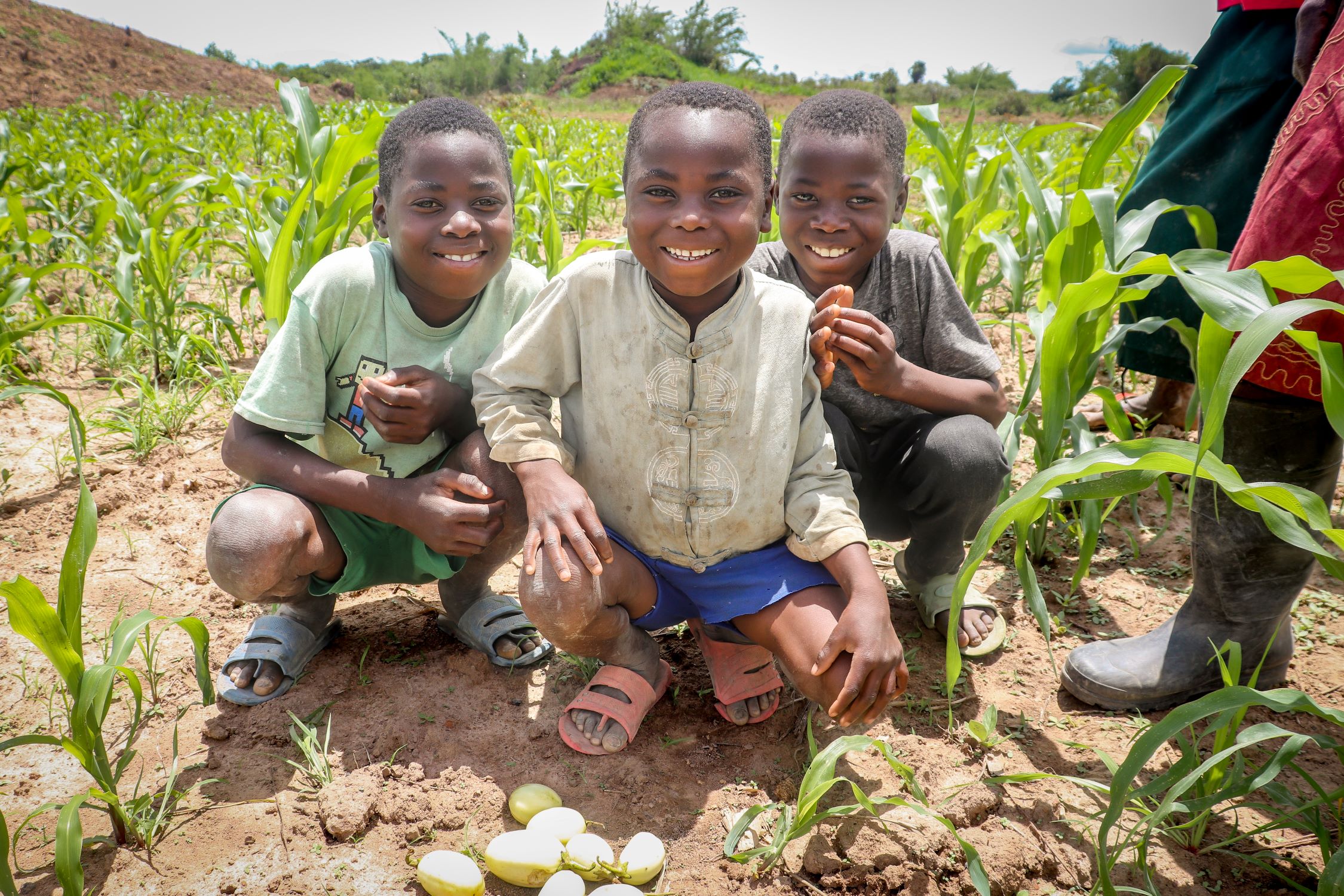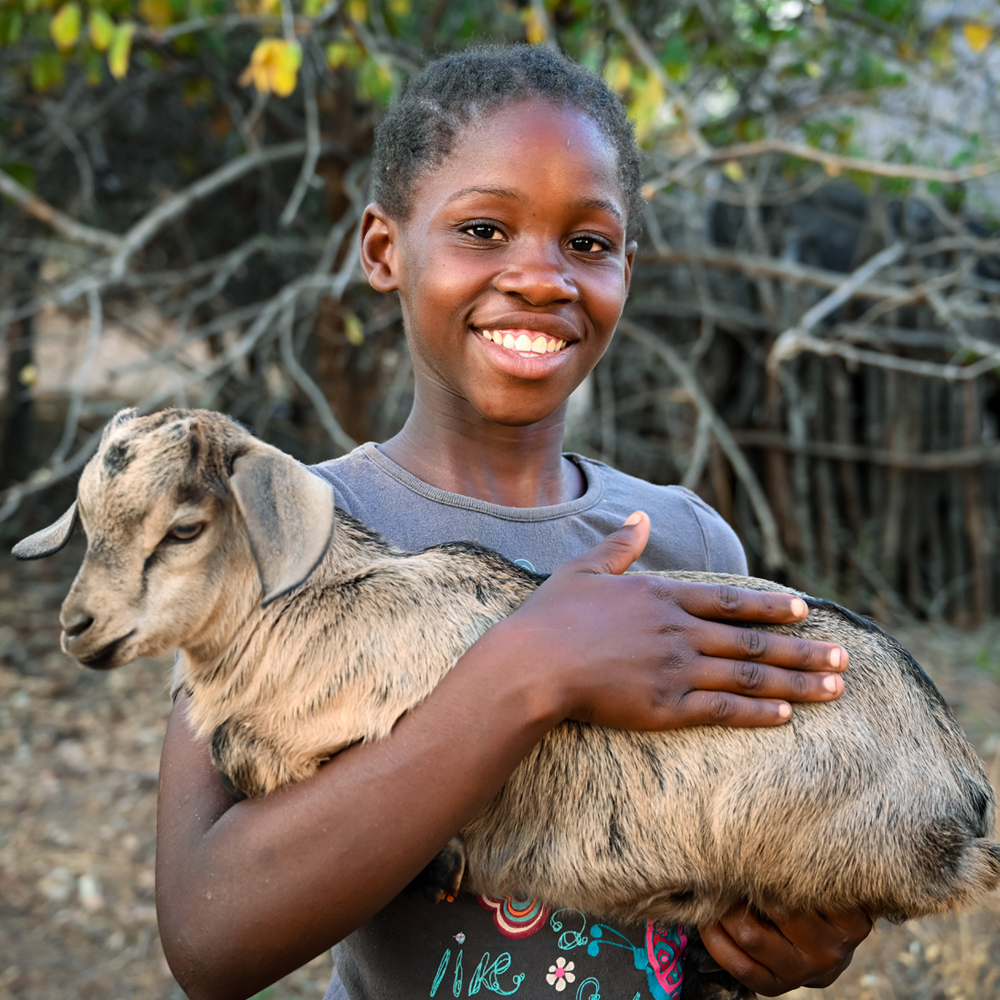
Freedom from malaria
A World Vision project is reducing case numbers of malaria and bringing freedom
On 25 April, World Malaria Day seeks to raise awareness of this life-threatening disease, which resulted in over 600,000 deaths in one year alone (2021). With nearly half the world’s population at risk of catching this disease, malaria is not to be ignored.
We take a look at some of the key facts about malaria and how World Vision is aiding in fighting against the spread of disease.
What is malaria?
Malaria is a serious disease caused by parasites which can result in death. It is passed on by certain types of mosquito that carry and spread it from human to human. Common symptoms include a fever, chills and headache, but in more acute cases confusion, fatigue, seizures and breathing difficulties.
How widespread is the problem?
According to the World Health Organisation, in 2021 there were an estimated 247 million cases of malaria in 84 malaria endemic countries. Malaria can be found in most nations of South America, Central America and Africa, as well as in parts of South and Southeast Asia. In 2021, four countries accounted for just under half of the world’s malaria cases. These were Nigeria, the Democratic Republic of Congo, Uganda and Mozambique.
In the past twenty years, global case numbers have barely decreased although thankfully the number of deaths has reduced. In 2003, there were an estimated 825,000 deaths while in 2021 there were 619,000.
Who is most at risk for malaria?
Plasmodium Falciparum is the strain of malaria that is most life-threatening. It is very common in African nations south of the Sahara. Those with little or no immunity are most at risk, meaning young children are particularly vulnerable, as well as pregnant women and foreign travellers.
Poor, rural communities are also at a greater risk because of limited access to adequate healthcare.
How can the spread of malaria be prevented?
For years, scientists have been trying to develop a vaccine to eradicate malaria and the good news is that a vaccine recently developed by the University of Oxford looks promising. The vaccine, named R21, has been described as a “world-changer” and preliminary studies in Burkina Faso have shown that after three doses and a booster the vaccine is up to 80% effective. Ghana has become the first nation to approve the vaccine and will be rolling it out for children aged between five months and three years.
While this is something to celebrate, it is a very recent development and even if successful, it will take time to fully roll out. Other effective methods of control include spraying insecticide and using mosquito nets.
How is World Vision helping?
World Vision works in many countries where malaria is endemic. Our focus is on the most vulnerable children, in the most difficult places, who we want to see overcome poverty and experience fullness of life.
Because young children are one of the most susceptible groups to malaria, we are determined to see case numbers and fatalities decline.
One of the ways in which we can significantly reduce the spread of malaria is through Indoor Residual Spraying (IRS), which involves coating surfaces and walls with insecticide to kill mosquitoes. At one Malawi health centre, our programme reduced recorded cases by almost half in just two months.
In Malawi, World Vision’s work has protected nearly two million people from malaria, in three districts.
Life interrupted
“I nearly lost my two children due to malaria attacks,” recalls Loyce in southern Malawi. She has bitter memories of these attacks, which used to occur almost every month, making daughter Jerodini and son Prince repeatedly unwell.
In 2019, Prince, aged four, became critically ill with malaria and was rushed to a nearby health facility. There he was admitted and treated for several days before being discharged.
The treatment was costly to the family, but what really hurt was seeing him, as well as his eight-year-old sister, Jerodini, repeatedly falling ill and missing out on their education.
“It was a matter of going in and out of hospital due to the malaria,” Loyce says. “It really took more time to get him fully recovered because the malaria hit him hard. Due to the impact of the sickness, my son could no longer speak clearly as was the case before. But I am thankful because he got healed.”
READ MORE: Why is it important for children to get an education?

Finally free from malaria
Just a few weeks after, World Vision came to Loyce’s area to implement an Indoor Residual Spraying project. Loyce’s home was sprayed with insecticides that help reduce the spread of malaria.
“Since that spray,” Loyce happily shares, “my children no longer suffer from malaria. You can see – that is Prince and that is Jerodini looking healthy.”
Jerodini aspires to be a nurse because she wants to help in treating her people. She is now happy that she is not always sick. Both she and Prince are in school.
For Loyce, having her two youngest children healthy again means she has freedom. “I was failing to work in the garden, and also to take care of my other children and do other things, but now I am free.”
Just to see her children in school, free of malaria and chasing their dreams, makes her feel a special kind of freedom. She says, “When they were always sick, they were home or in hospital and missed out on their chance to learn. But today, they are free and I am also free.”

Preventing malaria is an act of justice
Loyce’s story is one of hundreds of success stories from the Indoor Residual Spraying project being implemented in Malawi.
Statistics from the local health centre show that recorded cases of malaria dropped significantly soon after the spraying of insecticides in people’s homes. For example, in October 2020, there were 116 malaria cases while in December – just two months later, after the spraying – there were 68.
Blessings Chisaka, a medical officer at the health centre where Prince received his treatment, thanks World Vision for the partnership and adds that since the area experiences high cases of malaria between November and April each year there will be a need to continue the project.
Frank Magetsi, IRS Technical Officer for World Vision, says preventing malaria is an act of justice, especially for children from underprivileged households. "If they are free from malaria,” he says, “that money goes into other areas to help children stay healthy."
You can protect children from malaria
Alongside spraying insecticides, the distribution of mosquito nets is a simple and affordable way of protecting children and preventing the spread of a fatal disease.
Sleeping under insecticide-treated mosquito nets (ITNs) is one of the most effective ways to prevent the transmission of malaria. But during the pandemic, production and distribution of ITNs was impacted, causing concern for the rate of household ownership. Most countries in sub-Saharan Africa have made progress, with approximately 66% of houses owning ITNs in 2021. However, only 36% of households actually had enough mosquito nets for each household member, which means that the majority aren't able to access these preventative measures.
You could buy mosquito netting for a bed today, protecting a child from mosquito bites and potentially deadly diseases.



